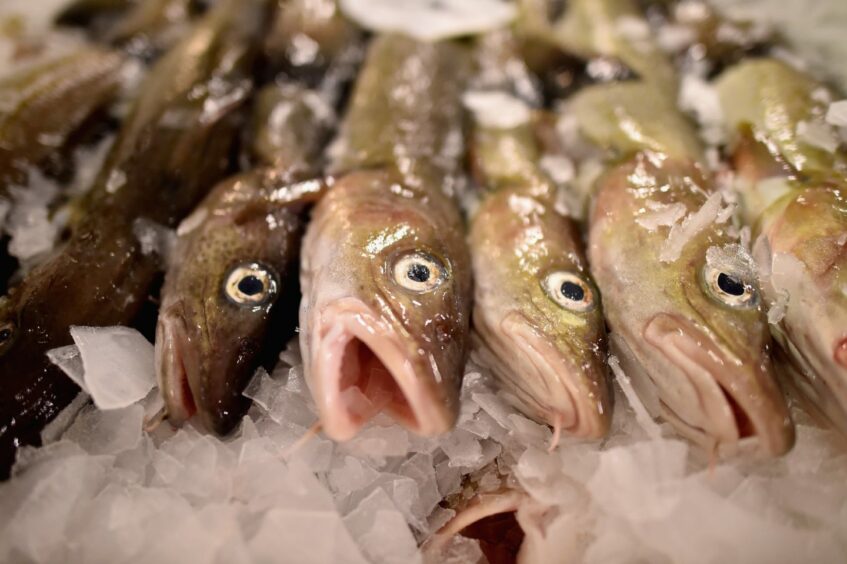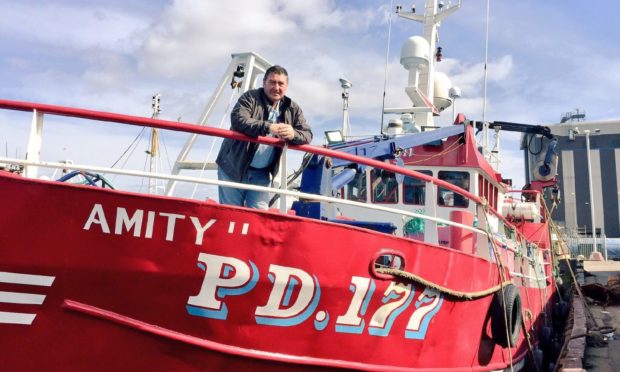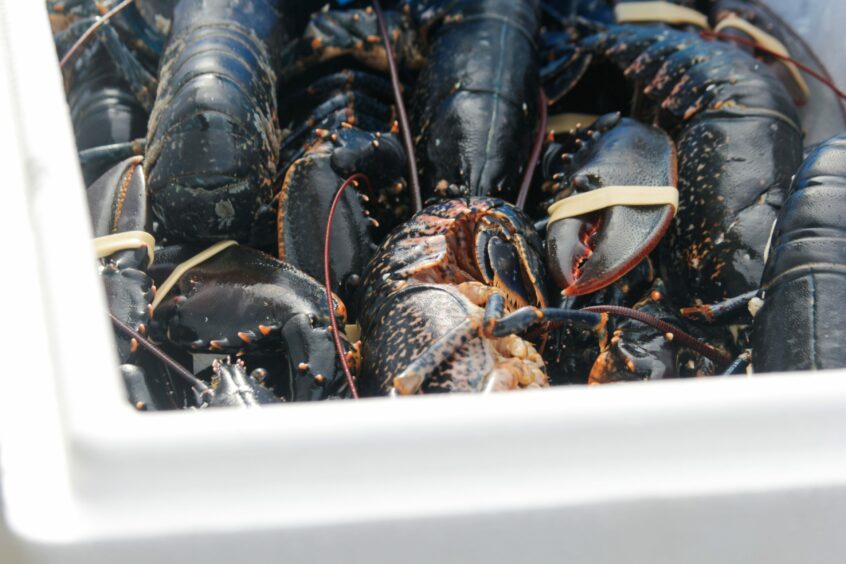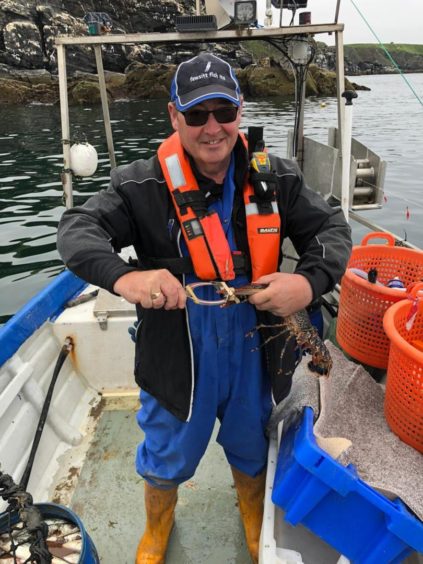Jimmy Buchan has branded a prominent marine preservation group as a “blatantly anti-fishing organisation” after it urged consumers to stop buying crab and lobster landed in the north-east.
It is its latest Good Fish Guide, the Marine Conservation Society (MCS) found that Shetland brown crab was the only “best choice” option in the UK.
Now Scottish seafood processors have launched a scathing attack on the charity over misleading advice given in its latest guide to sustainable fisheries.
Mr Buchan, the chief executive of the Scottish Seafood Association, accused the organisation of misinforming consumers and putting jobs at risk with its “assessments of fish to avoid”.
MCS has urged people to avoid buying eight of nine brands of crab and lobsters caught by fisheries, due to “poor management”.
Fraserburgh is the largest shellfish port in Europe.
Mr Buchan said: “The Marine Conservation Society urges consumers not to buy crab and lobster because of alleged concerns about whales becoming entangled in gear.
“Yet there is very little evidence of this being a significant problem and where risks have been identified the industry is working collaboratively to minimise any impact.”
The MSC argued that a change in management measures could prevent entanglements, including limiting potting depending on migration patterns or supporting the use of innovations like rope-less pots to remove the risk entirely.
“Crab and lobster fisheries in the UK must be properly managed, with scientific assessments to monitor populations, catch limits, and measures to prevent whale entanglement,” the report suggested.
Stock levels ‘dangerously’ low
The Good Fish Guide see species rated either green amber or red in a traffic-light assessment of the health of stocks.
Monkfish from the North Sea and west of Scotland, some species of skate and ray, and some sources of crab and lobster were among 14 seafood species options joining those with a red rating.
The Good Fish Guide also revealed that the level of Celtic cod and whiting was “dangerously” low, which was affecting reproduction rates.
Scientists recommended that cod should not be caught at all in this area.

Mr Buchan added: “And the MCS’s conclusion about monkfish, which it also urges consumers to avoid, is utterly laughable at a time when this species has never been so abundant on the fishing grounds.
“The MCS will not open up its methodology for wider scrutiny, thus stoking suspicion that it is chasing cheap headlines based on prejudice and not fact.
“This blatantly anti-fishing organisation is causing real damage to fishing communities and legitimate businesses that employ more than 5,000 people in Scotland and are subject to far more regulation, checks and balances than it will ever face.”
Problem with overfishing
It suggested stronger management and enforcement measures be put in place to help the species reach or stay at healthy levels, while ecosystem-based management looking at all species caught together could address many of these issues, supported by remote electronic monitoring with cameras (REM).
REM could be used to inform management decisions by providing the data needed to understand the full impact of fishing activities.
Frustration at previous findings
The MCS also failed to impress the Scottish catch sector in October last year with its biannual update to the Good Fish Guide claiming all cod populations in UK seas were at “low levels” and most were “declining further”.
Shetland Fishermen’s Association (SFA) Simon Collins disputed the verdict saying cod stocks were at record levels in the North Sea.


